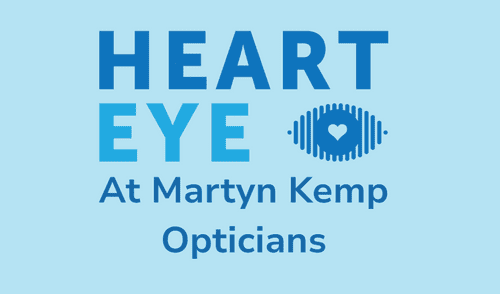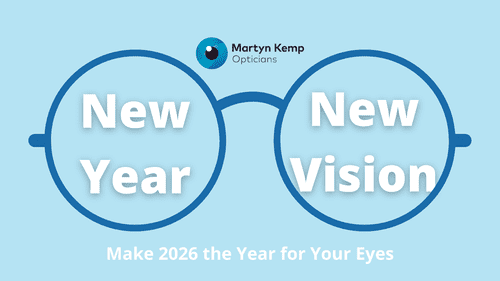Myopia management - Is an Eye Examination on your Child's Back-To-School List?
Myopia, commonly referred to as nearsightedness, is a prevalent visual condition affecting a substantial portion of the UK population. Characterized by the ability to see nearby objects clearly while distant objects appear blurred, myopia's impact on daily life and eye health is significant. This article aims to provide a comprehensive overview of myopia, its causes, consequences, and potential preventive measures.

Myopia, commonly referred to as nearsightedness, is a prevalent visual condition affecting a substantial portion of the UK population. Characterized by the ability to see nearby objects clearly while distant objects appear blurred, myopia's impact on daily life and eye health is significant. This article aims to provide a comprehensive overview of myopia, its causes, consequences, and potential preventive measures.
Causes and Prevalence:
Myopia occurs when the eyeball grows too long or the cornea and lens bend light too much, causing the incoming light to focus in front of the retina rather than directly on it. Genetics play a crucial role; if one or both parents have myopia, their children are at a higher risk. However, environmental factors also contribute, including excessive near work (such as reading or screen time) and limited outdoor exposure during childhood.
Consequences:
Myopia's impact extends beyond blurred vision. High myopia increases the risk of sight-threatening conditions like retinal detachment, glaucoma, and myopic maculopathy. These complications can lead to permanent vision loss if not detected and treated promptly.
Prevention and Management:
Embracing a holistic approach can help mitigate myopia's progression. Encouraging children to spend time outdoors has been linked to reduced myopia risk. The 20-20-20 rule (taking a 20-second break every 20 minutes and focusing on something 20 feet away) can help alleviate eye strain during near work. Proper lighting and ergonomics are essential for maintaining healthy eyes.
Corrective Options:
For those already affected, eyeglasses or contact lenses can effectively correct myopia. However, they do not halt its progression. Orthokeratology (Ortho-K) involves using specially designed contact lenses to reshape the cornea temporarily and is suitable for certain cases. Myopia control contact lenses and atropine eye drops are also emerging options that have shown promise in slowing down myopia's advancement, especially in children.
Regular Eye Exams:
Annual comprehensive eye examinations are crucial, especially for children, as they allow early detection and management of myopia and related conditions. An optometrist can provide personalized advice on lifestyle adjustments and appropriate corrective measures.
Myopia is a prevalent visual condition in the UK, with both genetic and environmental factors contributing to its development. Fostering healthy vision through outdoor activities, proper eye care practices, and regular eye exams can go a long way in managing myopia and safeguarding overall eye health. By staying informed and proactive, individuals can take charge of their eye health journey.



.png.png)
